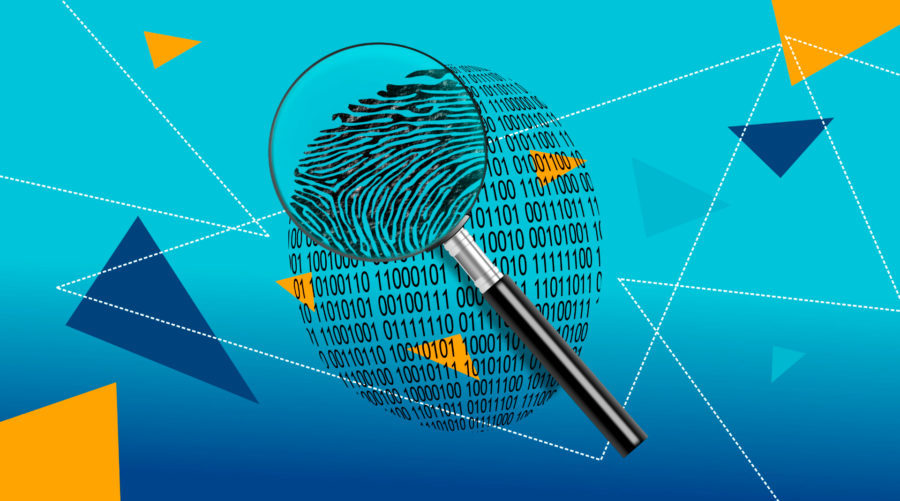Author: Alex Heshmaty
Alex Heshmaty is technology editor for the Newsletter. He runs Legal Words, a legal copywriting agency based in the Silicon Gorge. Email alex@legalwords.co.uk.

What’s New? March 2025
AI action plan In January the government published the independently written AI Opportunities Action Plan and pledged to take forward all 50 of its recommendations. Key points include the following sections: 1.2 Unlocking data assets in the public and private sector Arguably building on the UK Data (Use and Access) Bill covered in December 2024’s […]
Read More
What’s New? December 2024
Autumn Budget infotech initiatives As part of its first Budget, the government announced £20.4 billion of investment for research and development projects in the UK, in an effort to drive economic growth. A portion of this will undoubtedly fund artificial intelligence (AI) projects, and to help lay the framework for AI development the government: “will […]
Read More
What’s New? September 2024
The King’s Speech The newly elected Labour government has had its hands full both on the domestic and international front since Sir Keir Starmer KC took office, but the King’s Speech gave some hints as to the direction of travel regarding technology regulation. Although the widely anticipated UK AI Bill has been kicked into the long grass, […]
Read More
What’s New? June 2024
First international treaty on AI The Council of Europe recently adopted a framework convention which aims to ensure the respect of human rights, the rule of law, and democratic legal standards, in the use of Artificial Intelligence (AI) systems. The treaty is the outcome of two years’ work by an intergovernmental body, the Committee on […]
Read More
What’s New? April 2024
EU AI Act passed The European Parliament approved the Artificial Intelligence Act (EU AI Act) on 13 March 2024. It has been hailed as the world’s first comprehensive and binding piece of legislation on AI, although many of its provisions won’t be enforced for at least a year or two. Rather than attempting to regulate specific technologies, […]
Read More
Copyright and copywriting: AI challenges
Since ChatGPT was released to the public in November 2022, countless articles have been written about how generative artificial intelligence (GenAI) will improve the efficiency of white collar workers, including legal professionals, and perhaps eventually lead to job losses. Ironically, it’s the very people writing about the revolutionary potential of this technology who have been […]
Read More
The Online Safety Act 2023: a primer
After a long time in the making, the Online Safety Act finally received Royal Assent on 26 October 2023. According to the accompanying Government press release, the Act “places legal responsibility on tech companies to prevent and rapidly remove illegal content” and aims “to stop children seeing material that is harmful to them”. So what […]
Read More
Generative AI and access to justice
It’s been almost a year since ChatGPT was released to the public back in November 2022. Although much has been written about the impact of generative AI on the legal sector as a whole, there has been less focus on its potential to improve access to justice for the ordinary citizen who cannot afford a […]
Read More
Global AI regulation
In the wake of an avalanche of publicity following the hugely successful roll-out of ChatGPT, governments around the world have been waking up to the transformative effects of generative AI tools upon their societies, economies and legal systems. Stark warnings from leading industry figures such as Sam Altman, Elon Musk and Geoffrey Hinton, about the […]
Read More
ChatGPT: more questions
Following his recent article on ChatGPT’s implications for the legal world, Alex Heshmaty garners answers to further questions from Dr Ilia Kolochenko. Who owns the copyright of ChatGPT responses? This now-rapidly evolving question is largely unsettled among jurisdictions, in most cases probably no-one. Is it possible for original copyright holders to prevent ChatGPT (or Bard) […]
Read More
Harnessing innovative technologies to meet future challenges
A new joint report entitled A New National Purpose, which explores how the UK can harness innovative technologies to meet future challenges, has recently been published by Tony Blair and William Hague. The “cross-party” report argues that we are currently undergoing a new form of Industrial Revolution “as developments in artificial intelligence (AI), biotech, climate […]
Read More
ChatGPT: implications for the legal world
Chatbots have been around since the 1960s and coders have been trying to pass the Turing test ever since, creating increasingly sophisticated iterations of natural language processing (NLP) software. A recent episode, where a Google engineer was sacked for claiming that the search engine’s chatbot generator software known as LaMDA was sentient, perhaps demonstrates the […]
Read More